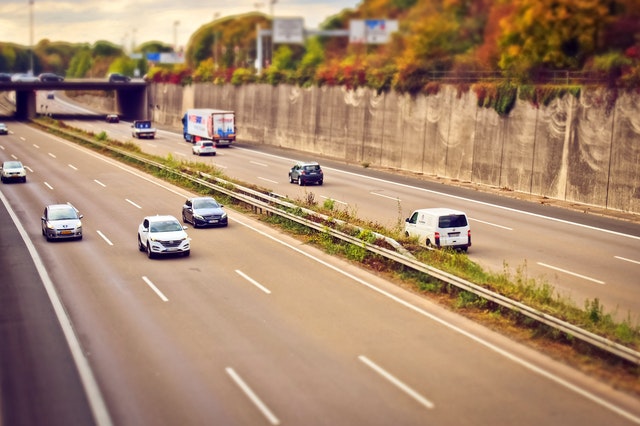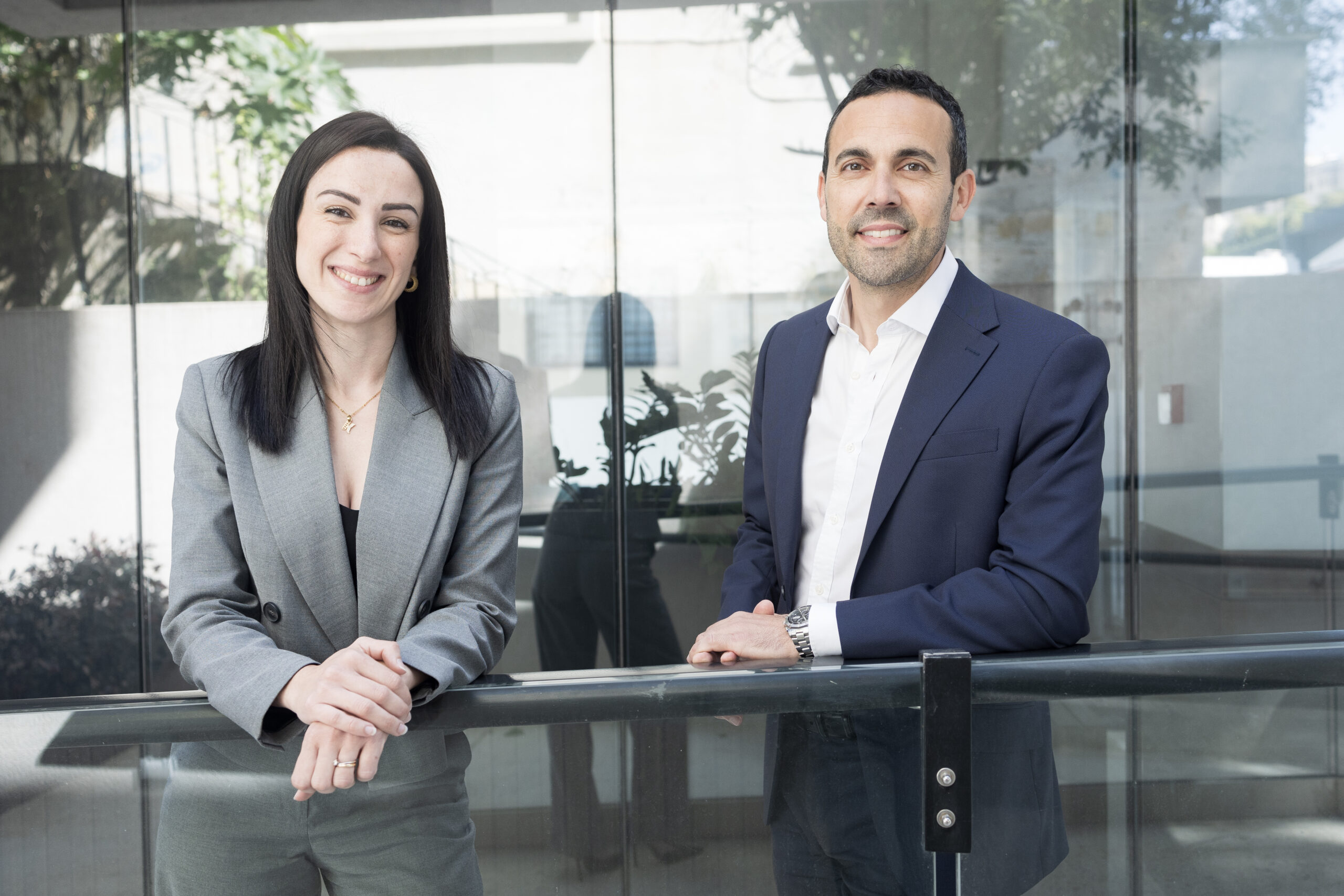Great Britian’s departure from the European Union has been the subject of intense negotiations, although this will provide little comfort to the many businesses and consumers affected by the new rules governing import and export between the two.
BusinessNow.mt spoke to Franco Azzopardi, CEO of Express Trailers, and Howard Bennett, owner of Trotters Independent Traders, to understand the challenges of getting cargo from the UK to Malta.
Mr Azzopardi explains that the paperwork and associated costs have risen sharply, leading to complications.
There are two main elements affected by Brexit: the customs and other charges payable on goods, and more complicated freight procedures.
The EU-UK trade deal, signed at the last minute, says that any cargo originating in the UK is exempt from tariffs. However, many products Malta imports from the UK actually originate elsewhere.
“For example,” explains Mr Azzopardi, “let’s take a leather shoe. We might get it from a UK wholesaler who is importing it from the manufacturer in Brazil. The customs duties then need to be paid locally, after also being charged when the product entered the UK.”
“So many goods will be subject to double tariffs, increasing their price.”
When it comes to VAT, there is still uncertainty over whether the UK will be charging its VAT.
For Trotters Independent Traders, this has required a change in operations as clients can no longer purchase items themselves and have them delivered to their UK hub. Instead, they will need to send orders for Trotters to complete the purchase themselves.
Freight procedures have also become more burdensome, with each individual item now needing to be accounted for to ensure the relevant duties are paid.
This added paperwork has led Express Trailers to engage a UK customs documentation agent to process every single item and ensure the relevant duties have been paid.
At this point, the cargo is tied to a particular truck, which limits flexibility for hauliers, for whom a damaged vehicle now represents an even bigger headache.
That truck is also further limited by only being allowed to make two stops within seven consecutive days within the UK, leading companies to engage a logistics hub provider to provide a depot to which cargo can be delivered before it is picked up by a trailer bound for Malta.
The trailer would then need to pass through the Dover checkpoints, where all the documentation will need to be checked, and potentially be stopped for a spot-check.
“Any discrepancy in the paperwork can easily mean a two-day delay,” explains Mr Azzopardi.
Upon reaching Calais, in France, the documentation will need to be checked again, this time also to ensure that the applicable customs have been paid.
Since the customs duties for goods delivered to Malta will be paid locally, the trailer will need to show a guarantee issued by the registered UK customs documentation agent, so that EU governments can rest assured that the duties will be paid even in case the cargo does not make it to its final destination.
Due to this additional complexity, Express Trailers has suspended its ShipLowCost service from the UK. “It’s not worth it,” says Mr Azzopardi. “Shoppers are instead buying more from the EU. We are already seeing a swing in B2C trade to other countries.”
No such facility is available to Trotters Independent Traders, whose business is entirely in UK to Malta consumer shipping.
Asked how Brexit changed things for his business, he is emphatic in his reply. “Everything changed. It used to be a free flow. We just ordered for the customer, shipped, and it was delivered. Now everything has to be itemised and tariffed and registered with customs.”
Will this lead to higher costs for consumers? “I don’t know,” sighs Mr Bennett, explaining that until the UK and Malta decide on how VAT is paid, he cannot provide customers with any answers. “I can’t find out either!”
Additionally, each individual type of item is charged a €4 customs clearance fee when it gets to Malta, he explains. That means that 10 two-kilo bags of a brand’s coffee, that is, 20 kilos of coffee, will be charged €4 in total, while a 250g tin and a 500g tin of the same brand’s coffee, that is, 750g of coffee, will be charged €8.
For those used to filling a whole box with their favourite UK goods, these changes make the habit very costly.
Nonetheless, Mr Bennett shares Mr Azzopardi’s hope that things sort themselves out quickly, although he decries the lack of planning. “It’s been four and a half years, and nobody knows what’s going on!”
Malta’s next leap: Secured
How ESET delivers enterprise-grade security to meet Malta’s digital ambitions
Mastering the language of business: How BELS is crafting bespoke training for a dynamic economy
BELS Malta Director of Studies Arianna Muscat on how the language school helps companies equip their teams for success.
Built differently – CLA Malta offers custom solutions in a cookie-cutter landscape of tax advisory and business
Their client-centric philosophy extends far beyond conventional consultancy.






